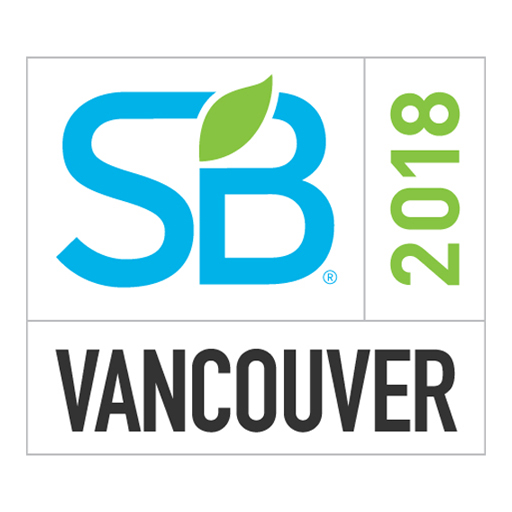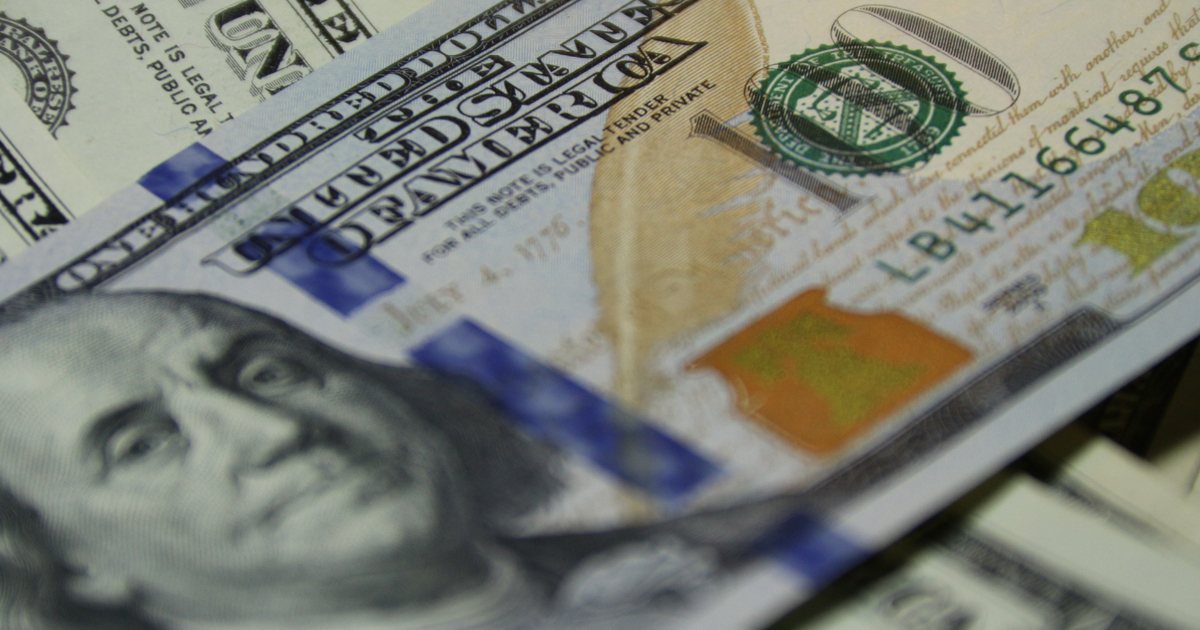Is the behemoth banking industry being disrupted by something as commonplace as …recycling?
If it is, Beneficial State Bank co-founder and co-CEO Kat Taylor says that’s exactly as it should be.
But don’t be fooled. Taylor’s not advocating churning old paper dollar bills into new ones. The recycling she’s doing is what she calls "the original crowdfunding," and its genius is inspired by one overarching but simple goal: to "recycle" financial deposits into loans that create a positive impact in the communities where they come from.
This recycling philosophy is key to the success that Beneficial State Bank, a community development financial institution, or community bank, has had as it approaches almost $1 billion in assets.
What makes Beneficial stand out? "Wall Street banks are only about maximizing shareholder value," asserts Taylor, "ours is a values-based, multi-stakeholder model. Fifty percent of our loans are for low income projects. Together, we build affordable homes for low-income families, create clean, renewable energy, support social entrepreneurs, grow and distribute healthy food, and so much more".
Beneficial was the brainchild of Taylor, a Stanford JD/MBA grad, and her husband Tom Steyer, both of whom might be described as "billionaires on a mission."
The bank might not have gotten off the ground if Democratic candidate John Kerry had not lost his bid for the presidency in 2004. If Kerry had won, Steyer and Taylor would have picked up their California roots and transplanted themselves to D.C. so Steyer could work in Kerry’s Treasury Department. Instead, says Taylor, "We started a bank."
That first bank, OneCalifornia Bank, launched in Oakland CA in 2007. Eventually, the couple bought four more banks, all on the West Coast. Today, they operate 17 Beneficial branches in Oregon, Washington and California under a revolutionary ownership structure that mandates that any distributed profit be invested in the low-income communities the bank serves, as well as in "the environment upon which we all depend. "
One hundred percent of the distribution of the bank’s profits goes to a foundation that must give the money to local charities. "Lending is the most powerful form of crowdfunding," says Taylor, "the point should be to do benefit to all and harm to none."
In addition to lending to "mission-aligned" projects like environmental sustainability and affordable housing, the bank must avoid loans that contradict its mission and values. Out of $215 million in business and nonprofit loans approved in 2017, $149 million was approved for low- and moderate-income communities. Neither Taylor nor Steyer draw any salary from the bank.
Taylor, who has been passionate about addressing civil rights and racial injustice all her life, provides the energy that keeps the bank growing and innovating.
That said, Taylor’s goal is not to revolutionize global Big Banking, though she believes that her model makes sense for banking writ large. Instead, Taylor is hoping to have a significant impact on influential regional banks, which she believes can – and should – become more values aligned. "We’re giving them a playbook. If they adopt something close to our lending practices with radical transparency, they’ll win more equity, more deposits." In light of the beating regional banks have taken in the wake of the financial crisis and the general consolidation that has gone on in the banking industry, providing regional banks a new operating framework may be just what they need to survive.
Taylor also seems to be on something of a personal mission to make banking less stuffy, more snazzy. She often belts out an inspiring song – on key – when she’s making a speech. She happily shows off the tattoos that adorn her arms. She talks about banking the way some people might talk about their favorite ice cream – like it’s so delicious, you just can’t get enough.
Beneficial’s brick-and-mortar locations and lending are restricted to the three West Coast states where their banks do business and where Taylor says she and her team can keep in touch and make loans that really do return money to local investors. But Beneficial also offers affinity credit cards to members of groups like the Sierra Club, so that consumers can opt for a financial institution aligned with their values no matter where they live. As a federally certified community development financial institution, Beneficial has access to the same U.S. Treasury fund to support access to capital and financial services that other banks have. As a Certified B Corporation, its bylaws commit it to voluntary annual external reporting on a wide range of social impact metrics, ensuring its transparency to the communities it serves.
"We wanted to start a bank that was capable of setting an example for how the banking system can work always for benefit for all and harm to none as an ideal," declares Taylor.
"In the end, we want to create an economy that is fully inclusive, racially and gender just, and environmentally restorative, not just neutral, so that we build back our natural capital base on which we all depend."
When asked why consumers, businesses and communities should consider community banks like Beneficial, Taylor doesn’t hesitate. "The real opportunity is to get banks aligned with your values and harness the power of your own money," she says.
"There’s $12 trillion of deposits rattling around in the American economy, and that belongs to us. If we collectively use the power of choice, keeping our deposits always aligned with our values, we can literally move markets."
Participate in Sustainable Brands’ annual flagship event, SB’18 Vancouver: Redesigning the Good Life, to learn how and why companies around the world are embedding "The Good Life" principles like transparency and purpose into their brands to grow their businesses in this new economy, and gain the tools to do the same for your brand.
Diane MacEachern
April 17, 2018


